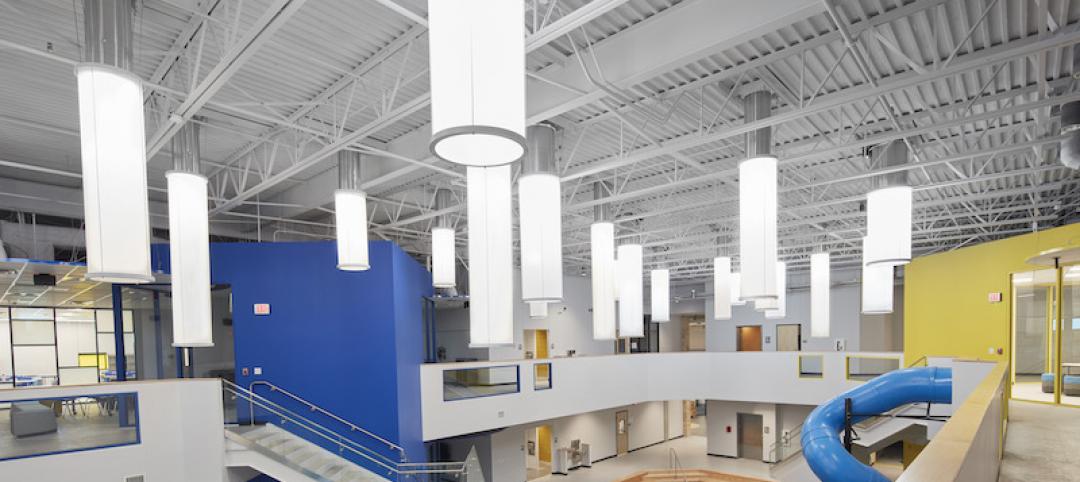River Grove Elementary School in Lake Oswego, Ore., was designed to be fully electric and resilient to natural disasters such as seismic events, storms, and wildfire. The roughly 78,000-sf school in a Portland suburb will feature a microgrid—a small-scale power grid that can operate independently from the area’s electric grid.
Design of the microgrid system was developed through a collaboration between the school district and the local utility provider. River Grove will be one of the first American schools to be constructed with a microgrid.
The structure is designed to a higher seismic factor as a Category IV building to serve as a resource for the local community in the event of an earthquake or other natural disaster. Portions of the building will continue to function during a prolonged power outage thanks to the large photovoltaic array and battery energy storage system.
The building has a sophisticated heating, cooling, and ventilation system, a critical feature in an area experiencing soaring temperatures during heatwaves in recent years. The region has also been impacted by smoke-filled air from forest fires and ice storms causing power outages for weeks.
River Grove is a replacement of a 1967 elementary school that existed on the same site. The previous 68,846 sf school was fully demolished, and students moved off-site to another school during construction.
The new school will provide classrooms, extended learning areas, an innovation lab, music room, stage, library, administration offices, gymnasium, kitchen, an outdoor covered play area, outdoor learning spaces, and play fields. The building is designed for a capacity of 600. The previous facility had a capacity of 575.
Construction kicked off in June 2022, with completion expected for the school’s opening in Fall 2024.
Owner and/or Developer: Lake Oswego School District
Design Architect: Arcadis
Architect of Record: Arcadis
MEP Engineer: Glumac
Structural Engineer: KPFF
General Contractor: Triplett Wellman
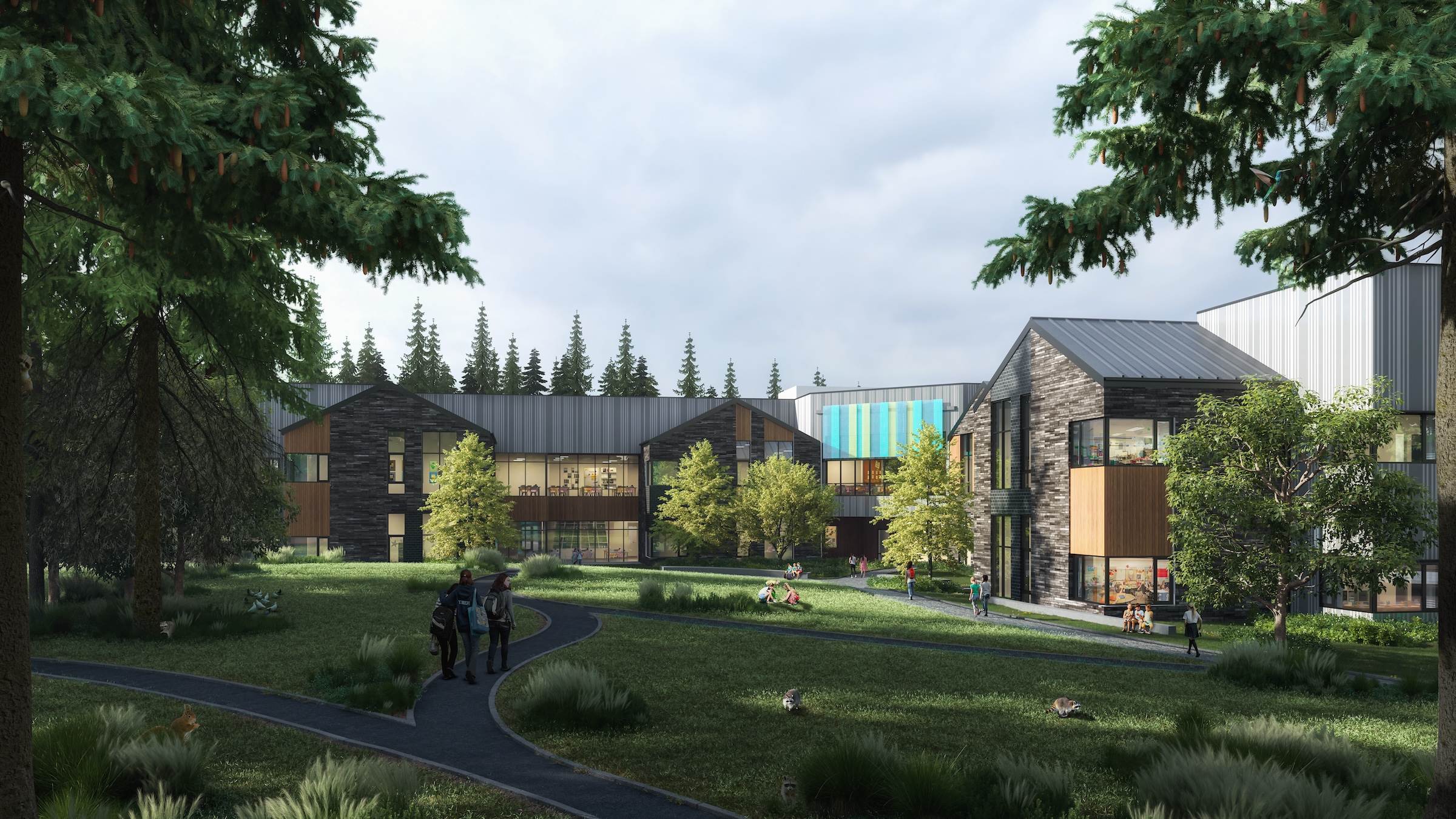
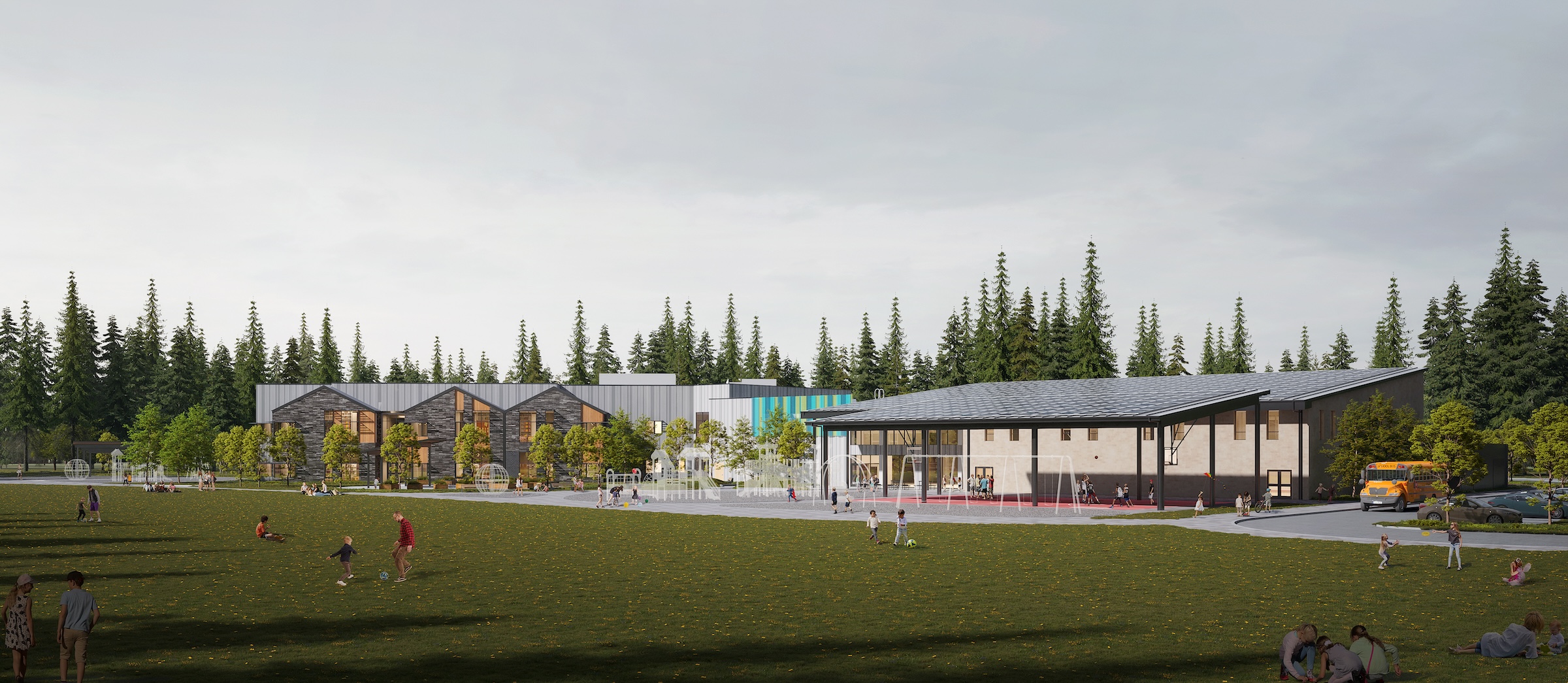
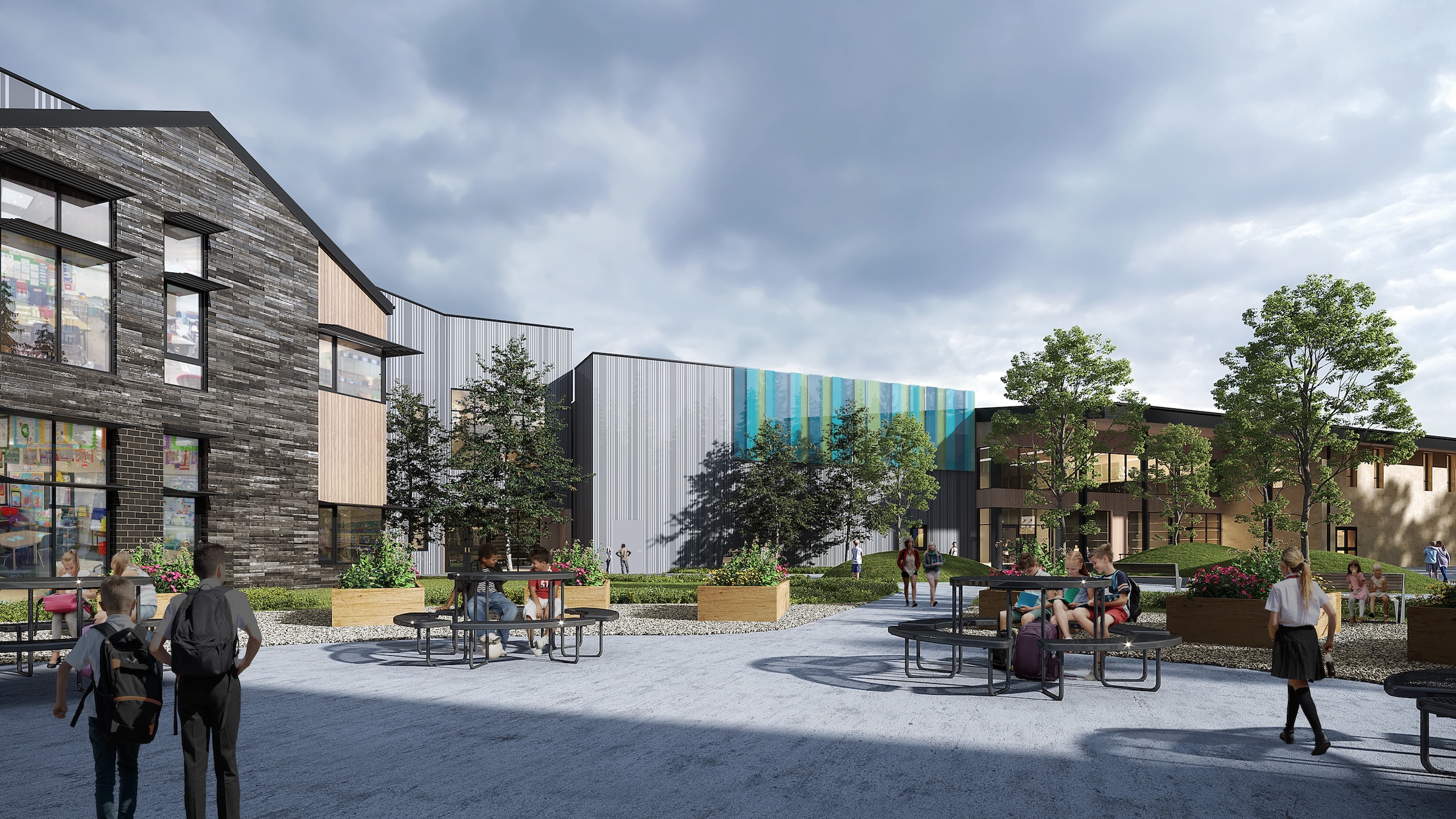
Related Stories
Contractors | Jul 23, 2021
The aggressive growth of Salas O'Brien, with CEO Darin Anderson
Engineering firm Salas O'Brien has made multiple acquisitions over the past two years to achieve its Be Local Everywhere business model. In this exclusive interview for HorizonTV, BD+C's John Caulfield sits down with the firm's Chairman and CEO, Darin Anderson, to discuss its business model.
K-12 Schools | Jul 9, 2021
LPA Architects' STEM high school post-occupancy evaluation
LPA Architects conducted a post-occupancy evaluation, or POE, of the eSTEM Academy, a new high school specializing in health/medical and design/engineering Career Technical Education, in Eastvale, Calif. The POE helped LPA, the Riverside County Office of Education, and the Corona-Norco Unified School District gain a better understanding of which design innovations—such as movable walls, flex furniture, collaborative spaces, indoor-outdoor activity areas, and a student union—enhanced the education program, and how well students and teachers used these innovations.
K-12 Schools | Jun 29, 2021
A Maryland school system launches a P3 program to speed up K-12 school design, financing, and construction
Gilbane and Stantec are part of a consortium that breaks ground on six new schools this week.
Resiliency | Jun 24, 2021
Oceanographer John Englander talks resiliency and buildings [new on HorizonTV]
New on HorizonTV, oceanographer John Englander discusses his latest book, which warns that, regardless of resilience efforts, sea levels will rise by meters in the coming decades. Adaptation, he says, is the key to future building design and construction.
K-12 Schools | Jun 20, 2021
Los Angeles County issues design guidelines for extending PreK-12 learning to the outdoors
The report covers everything from funding and site prep recommendations to whether large rocks can be used as seating.
Wood | Jun 10, 2021
Three AEC firms launch a mass timber product for quicker school construction
TimberQuest brand seeks to avoid overinvestment in production that has plagued other CLT providers.
Digital Twin | May 24, 2021
Digital twin’s value propositions for the built environment, explained
Ernst & Young’s white paper makes its cases for the technology’s myriad benefits.
Daylighting | Mar 7, 2021
Texas intermediate school lets the sun really shine in
Solatube tubular daylighting devices bring sunlight into the two-story commons/media space for 600 students in grades 3-5 at Sunnyvale Intermediate School.
Market Data | Feb 24, 2021
2021 won’t be a growth year for construction spending, says latest JLL forecast
Predicts second-half improvement toward normalization next year.
Giants 400 | Dec 16, 2020
Download a PDF of all 2020 Giants 400 Rankings
This 70-page PDF features AEC firm rankings across 51 building sectors, disciplines, and specialty services.


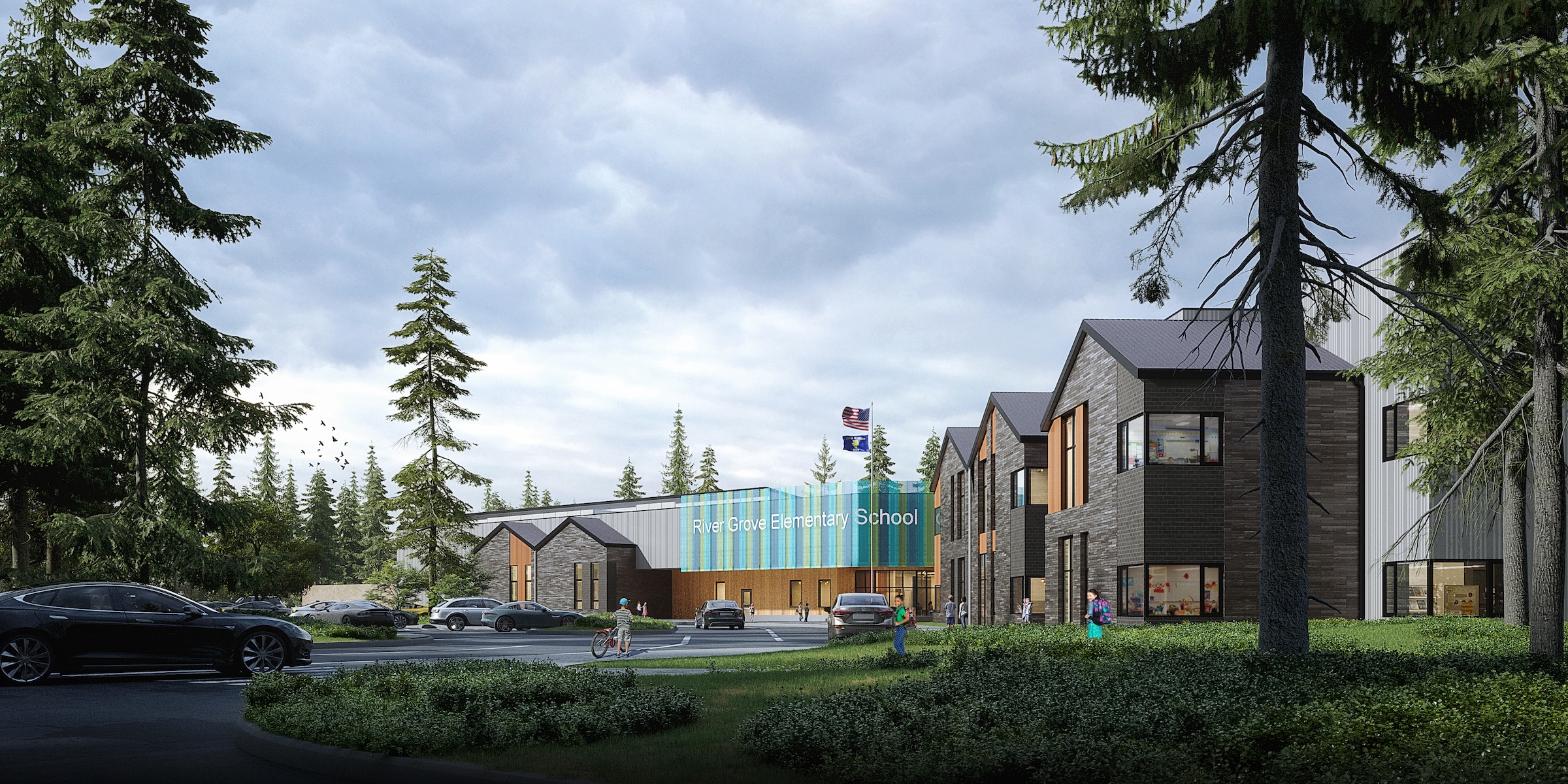

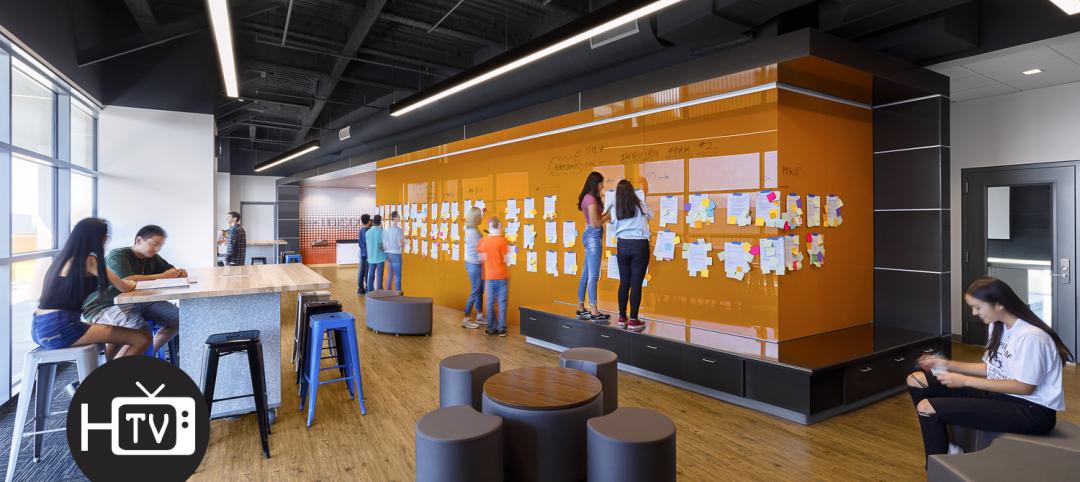

![Oceanographer John Englander talks resiliency and buildings [new on HorizonTV] Oceanographer John Englander talks resiliency and buildings [new on HorizonTV]](/sites/default/files/styles/list_big/public/Oceanographer%20John%20Englander%20Talks%20Resiliency%20and%20Buildings%20YT%20new_0.jpg?itok=enJ1TWJ8)



